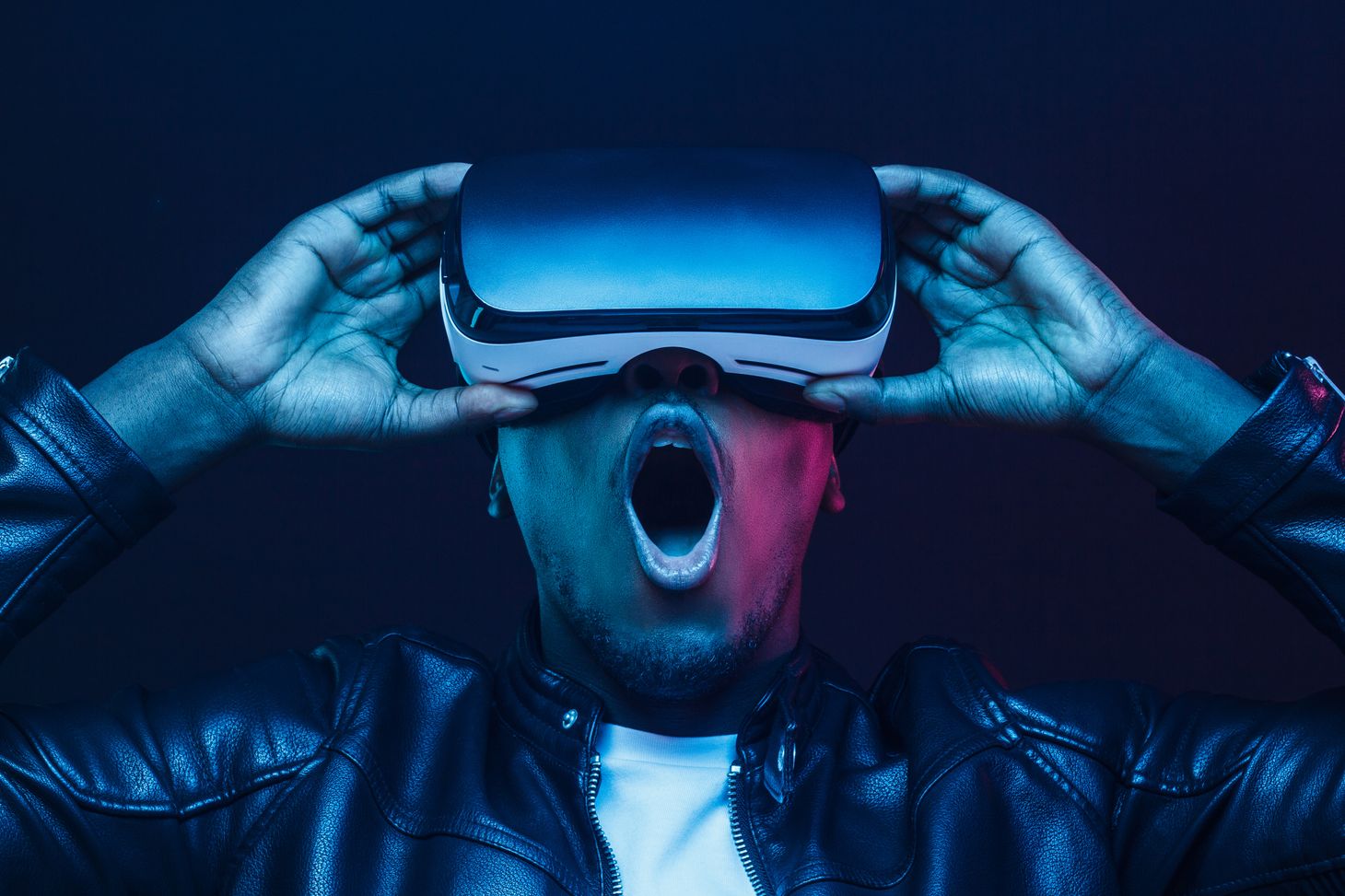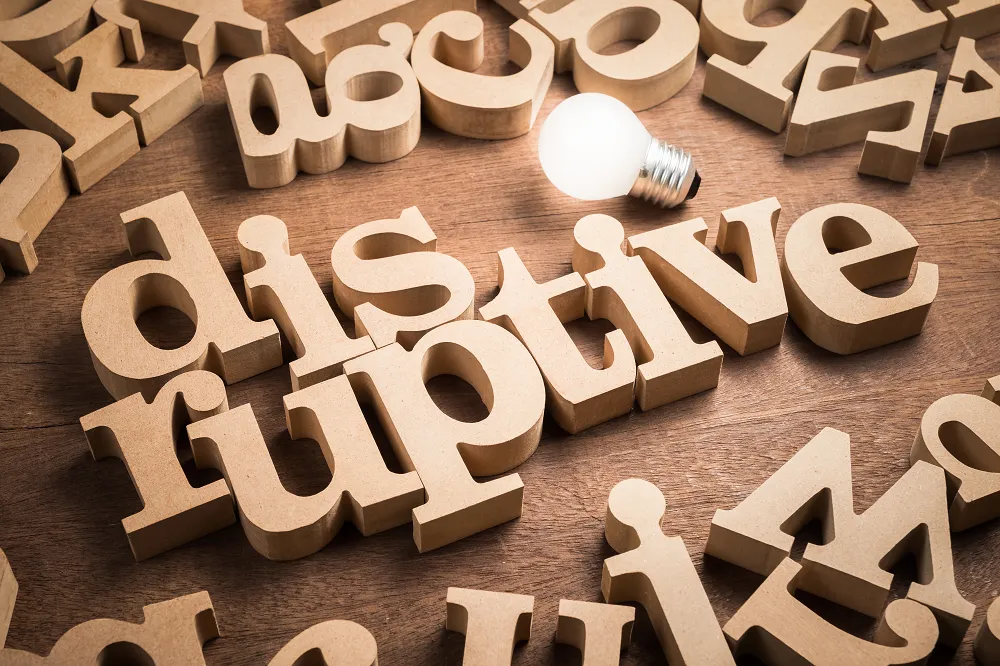Are You Suffering From Future Shock?
Are you feeling overwhelmed by the rapid pace of change? Do you long for a simpler time but can't keep up with the present? If so, then you may be experiencing future shock. Future shock refers to disorientation and anxiety caused by too much change in a short period of time.

Have you ever felt like the world is changing too fast, and you just can't catch up? You might be experiencing future shock. Coined by Alvin Toffler in his book of the same name, future shock refers to disorientation and anxiety caused by too much change in a short period of time. With technology advancing faster than we can adapt, it's no surprise that many of us feel overwhelmed.
Characteristics of Future Shock
Future shock isn't just about technology. It can apply to any significant change in society, such as changes in politics, culture, and even architecture. The characteristic symptoms of future shock include anxiety, disorientation, and confusion. When we go through a time of rapid change, we feel like we are out of control. We struggle to keep up and feel a sense of loss since the old ways of doing things no longer work.
We all have a nostalgic tendency for the good old times, as evidenced by the numerous tik tok videos of boomers showing off rotary dial phones, writing cursive, and other throwbacks to a simpler time. Unfortunately, this longing for the past causes us to feel like we're stuck and can’t keep up with the present.
Examples of Future Shock
One of the most vivid examples of future shock is the industrial revolution, which changed how people worked and lived. Many people were uprooted from their rural communities and thrust into the city, where they had to adjust to new ways of living and working. This change occurred over a relatively short period of time, causing a great deal of disorientation and anxiety among the population.
Another example of future shock is the digital revolution, which has brought about significant changes in the way we communicate, access information, and interact with each other. The rise of social media, smartphones, and the Internet has changed our lives in ways we could never have anticipated. Many struggle with addiction to our screens and the constant need to stay connected.
Consequences of Future Shock
The consequences of future shock can be severe. When we feel like we're out of control, we can become anxious, depressed, and even ill. We may lose our sense of identity and become disoriented. We may lose our connection to the past and the values that have held us together. The pace of change can be overwhelming, and we may feel like we're drowning.
Future shock is not psychosomatic. It is real. We need to be aware of it and learn how to manage it in order to stay healthy, connected, and productive.
How To Deal With Future Shock
It is crucial to take a step back and assess the situation to deal with future shock. We must find ways to manage our stress and anxiety to better cope with the rapid changes. By recognizing our feelings of being overwhelmed and confused, we can learn how to take control of our lives and not let future shock consume us.
We also need to accept the changes around us and seek out opportunities that come with them. It is essential to recognize that the world will never be static; change is inevitable and sometimes necessary for growth. We will learn how to adapt and thrive in a rapidly-evolving world by embracing these changes.
Conclusion
Future shock is a natural phenomenon that affects many of us today. With the pace of change only accelerating, it's essential that we find ways to manage our anxiety and disorientation. By embracing change, staying connected to our values, and finding ways to adapt, we can overcome the challenges of future shock.
Ultimately, the future is in our hands, and we must shape it in healthy and sustainable ways for ourselves and society.




